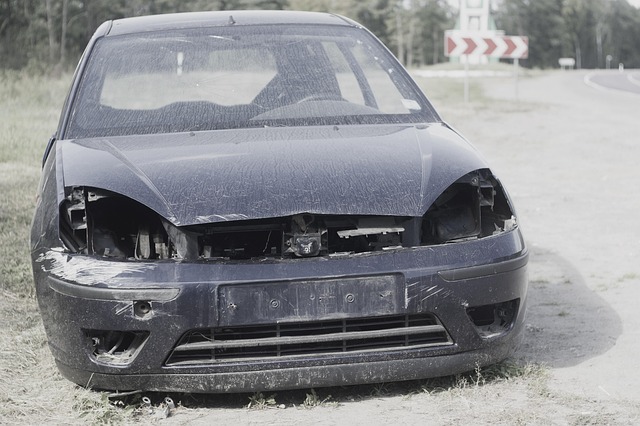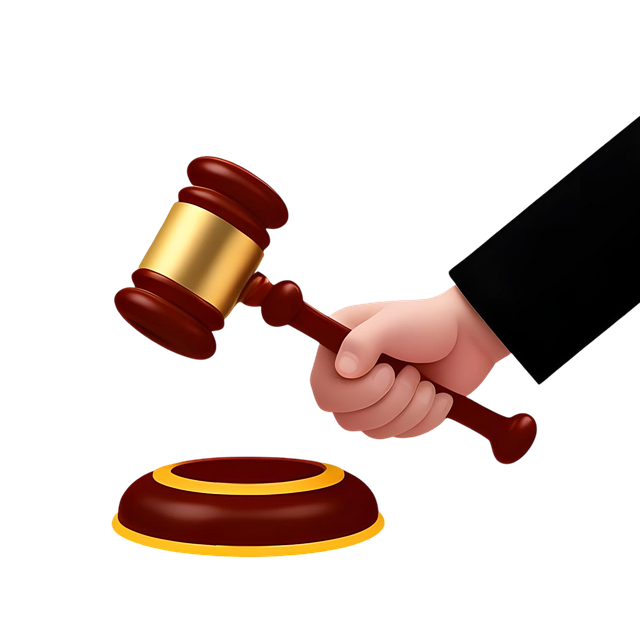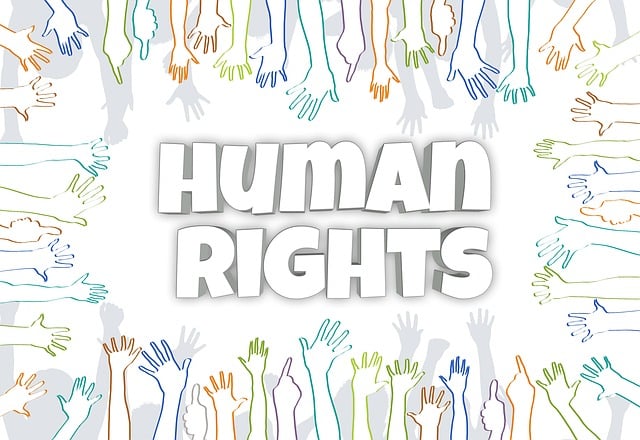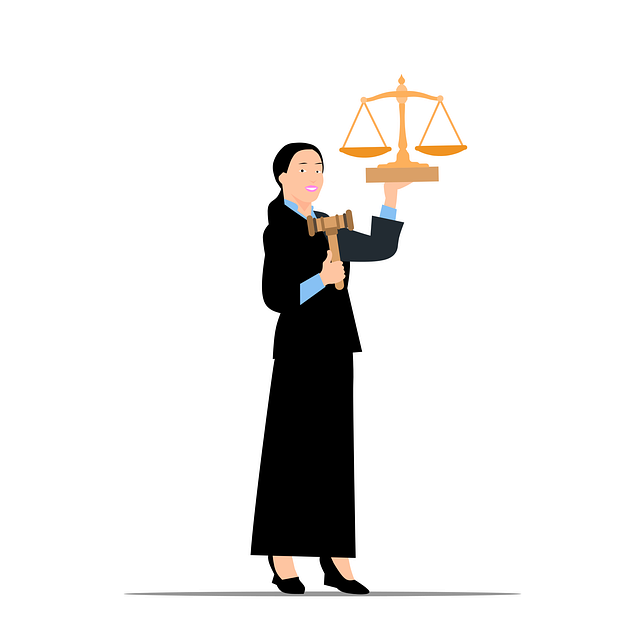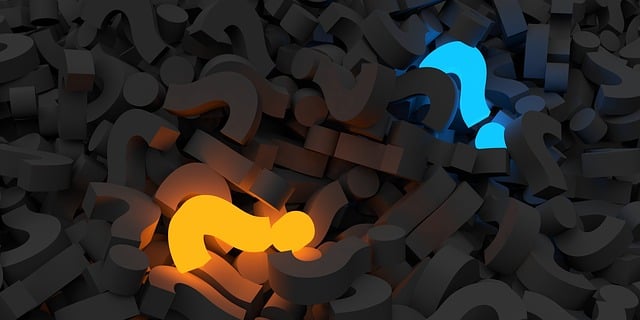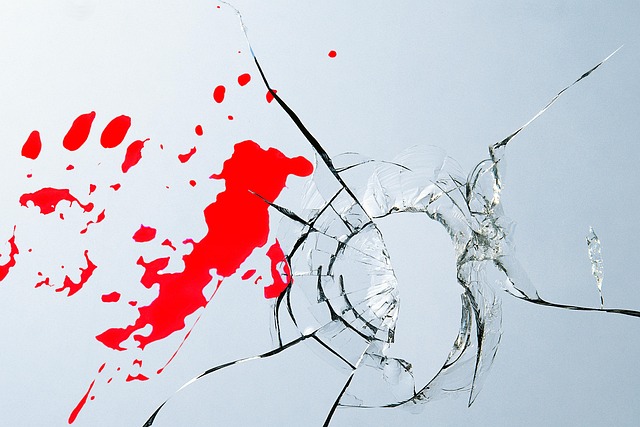Product liability claims encompass compensation for emotional distress resulting from defective products. Compensations extend beyond physical harm or financial loss. Gathering evidence, identifying liable parties, and consulting a specialized attorney are crucial steps in navigating legal processes. Understanding the process strengthens positions in complex cases involving dangerous goods, medical devices, or vulnerable populations.
A product liability claim can hold manufacturers and distributors accountable for injuries caused by defective products. Beyond physical harm, individuals may seek compensation for emotional distress resulting from accidents or incidents related to faulty goods. This article delves into the intricacies of product liability claims, exploring key elements like understanding these legal actions and navigating the process for seeking fair compensation, particularly when emotional distress is a factor.
- Understanding Product Liability Claims
- Emotional Distress as a Damaging Element
- Navigating the Legal Process for Compensation
Understanding Product Liability Claims

A product liability claim is a legal process where individuals or entities hold manufacturers, distributors, and sellers accountable for selling defective products that cause harm. This type of claim focuses on the responsibility of ensuring consumer safety and quality control. When a product deviates from its intended design or manufacturing standards, leading to injuries or damages, affected parties can seek compensation through legal channels. The primary goal is to ensure client recovery for physical and emotional distress caused by these defects.
Understanding the scope of product liability claims is crucial. Unlike medical malpractice cases that deal with healthcare professionals’ negligence, product liability centers on identifying defects in consumer goods. This may include manufacturing flaws, design failures, or inadequate warning labels. Legal representation in such cases helps clients navigate complex legal procedures and advocate for their rights to seek fair compensation for their emotional distress and other resultant damages.
Emotional Distress as a Damaging Element
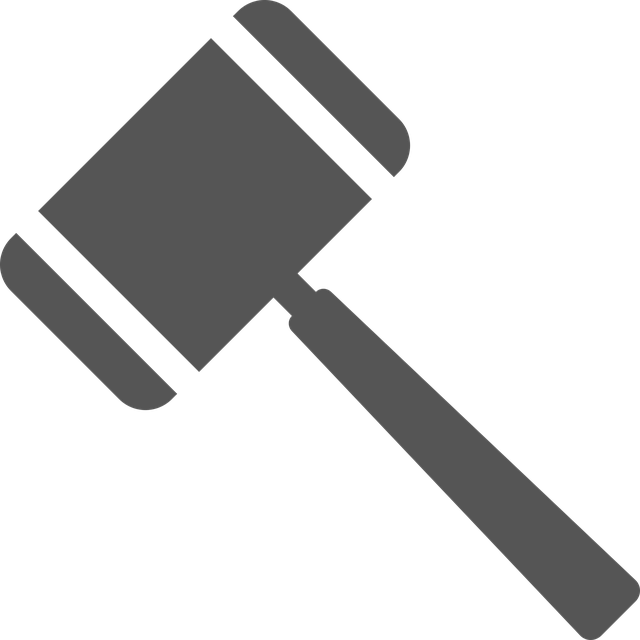
Emotional distress is a significant element that can be included in a product liability claim, adding depth and potential compensation for victims. Beyond physical harm or financial loss, individuals who have suffered emotional trauma due to defective products may seek damages to recognize their experience. This aspect of damage extends beyond mere inconvenience; it encompasses feelings of anxiety, fear, depression, and other psychological conditions that arise from the use or exposure to a faulty product.
In the realm of product liability, emotional distress can be particularly impactful in cases involving dangerous goods, medical devices, or products designed for vulnerable populations such as children or the elderly (elder abuse). These scenarios often lead to intense public debates, prompting manufacturers and retailers to ensure product safety. Homeowner insurance claims that include emotional distress may require detailed documentation of psychological treatment, therapy sessions, and other relevant records to substantiate these damages in real estate litigation.
Navigating the Legal Process for Compensation

Navigating the legal process for compensation in a product liability claim can seem daunting, but understanding the steps is crucial. The first step is to gather evidence that supports your case, including any documentation related to the faulty product and its impact on your life. This may involve medical records, repair bills, or even photographs of the incident. Once this is done, it’s essential to identify the liable party, whether it’s the manufacturer, distributor, or retailer.
Next, consult with an attorney who specializes in product liability cases. They will help you understand your rights and the legal standards required to prove a claim, such as demonstrating that the product was defective and that this defect directly caused your injuries, including emotional distress. In complex cases, especially involving elder law issues or slip and fall injuries, a lawyer will ensure that all aspects of fiduciary duty breaches are addressed to strengthen your case.
Product liability claims that include emotional distress can be complex, but they are a powerful tool for holding manufacturers and distributors accountable. By understanding both the legal process and the value of non-economic damages like emotional suffering, individuals affected by defective products can navigate their way to justice and compensation. Remember that, in these cases, it’s crucial to document all feelings, experiences, and medical records related to the incident to strengthen your claim.

